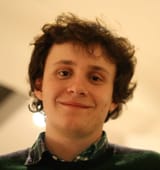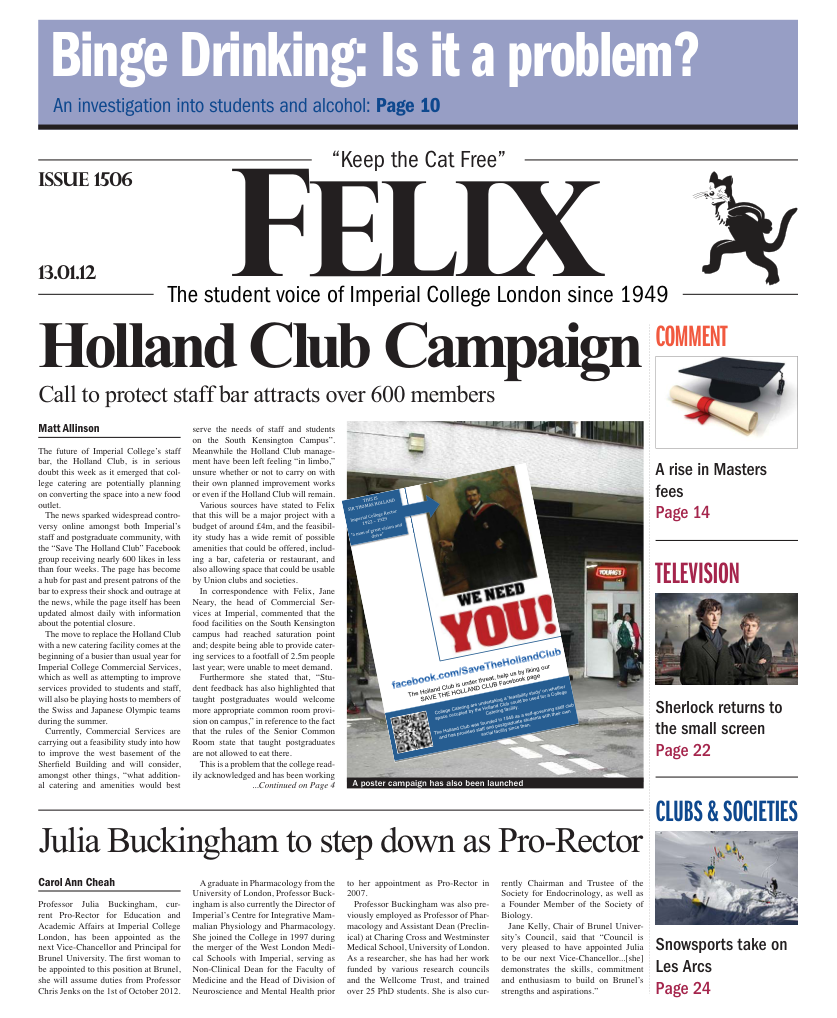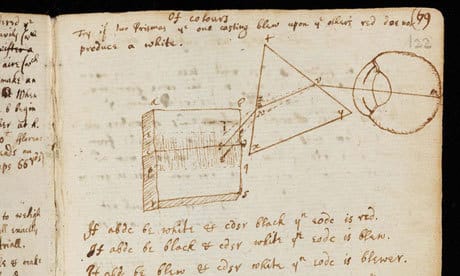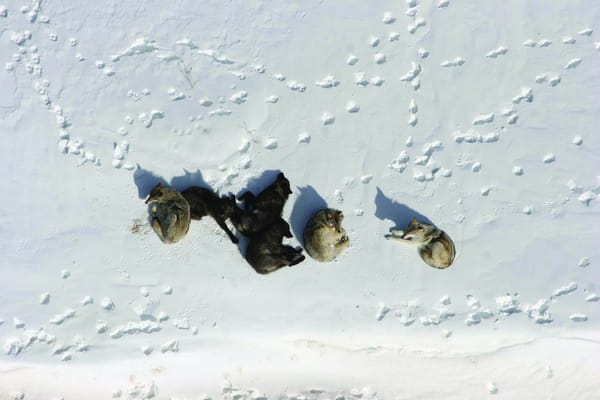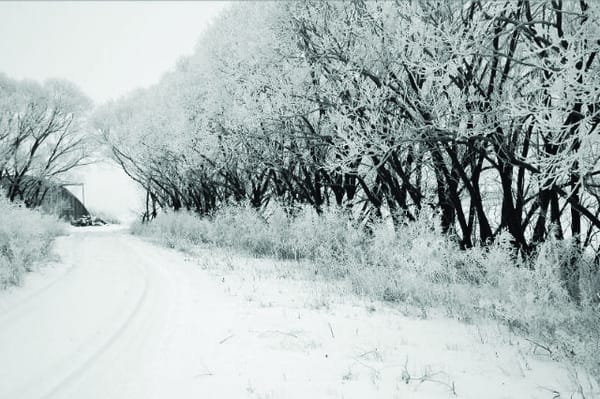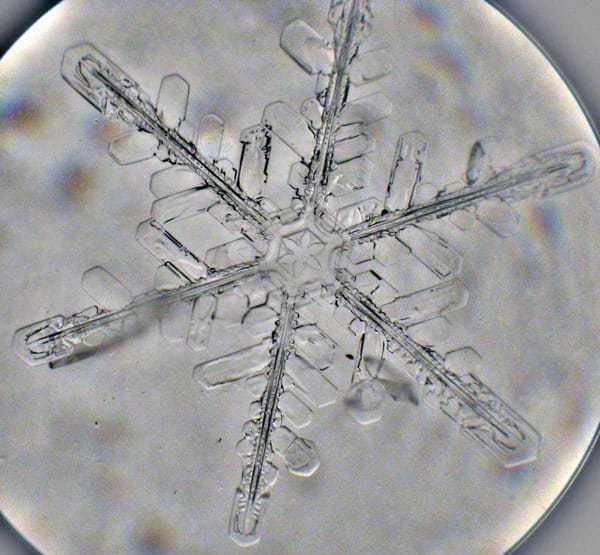Leap second announced
IERS to apply this to resolve inaccuracies in timekeeping
Astronomers and engineers at the International Earth Rotation and Reference Systems Service (IERS) Earth Orientation Centre recently announced that a leap second will be applied at the end of June this year. Leap seconds are introduced by the IERS to make up for inaccuracies in timekeeping, made as a result of the slowdown of the Earth’s rotation. This additional second means that June 30 will last until 23:59:60UTC, instead of ending at the end of the 59th second. As this is during British Summer Time, the change will be applied at 1AM, and will be marked by a 7th ‘pip’ from the BBC’s time signal.
Coordinated Universal Time, or UTC, is the measure of time from which all time zones are offsets of, and is derived from an international network of atomic clocks. While this leads to an incredibly accurate measurement of time, it fails to account for the decrease in the speed of the Earth’s rotation. This decrease is as a result of the circulation of currents in the atmosphere and oceans, as well as due to lunar pull.
UT1, an alternative measure of universal time, is instead based on the rotation of the Earth against the Sun, making it a more accurate form of GMT. This does take into account the slowdown, though having days of non-constant length is inconvenient so UT1 is not in general use. As the slowdown is accounted for, UT1 is more accurate than UTC, and so there is a difference between this ‘accurate’ measurement and UTC’s ‘convenient’ one.
This difference can become problematic, so the IERS have the option of introducing leap seconds at the end of June and December. These seconds are applied so that the difference between UT1 and UTC never exceeds 0.9 seconds. To date, there have been 25 leap seconds applied to UTC, the most recent being at the very end of 2008.
The future of the leap second is uncertain, with a proposal by the UN International Telecommunication Union to abolish them. If there is approval by members of the ITU in a conference later this year, then no more leap seconds would be applied from 2017.
Whilst this is unlikely to be an issue for most – watches, for example, are unlikely to be accurate to the second – systems that update their time automatically (such as via the Rugby Time Signal or NTP) will be automatically corrected.

